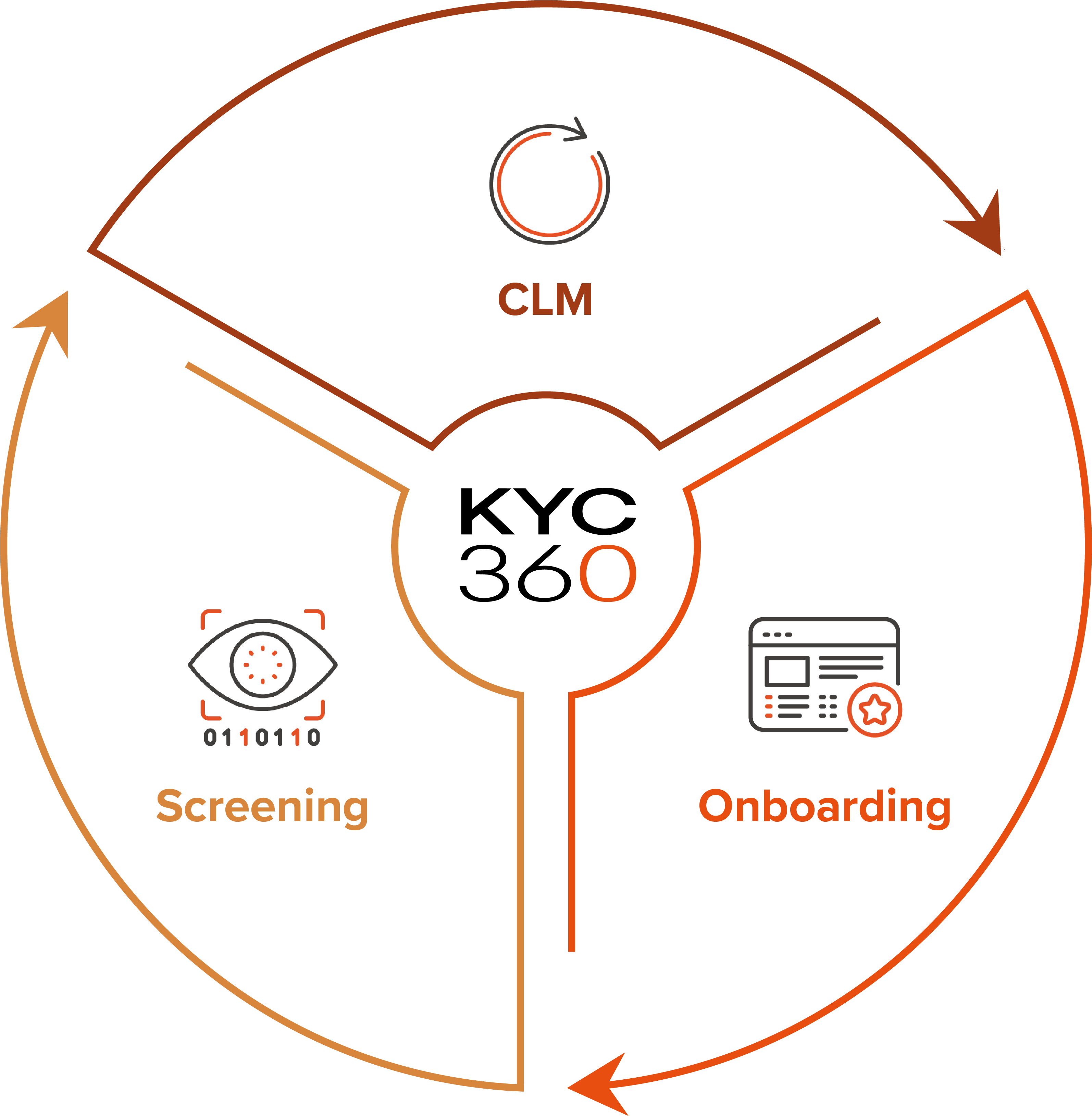Written by Stephen Platt
Overview of Incident
Lake Elsinore Casino, a cardroom located in Lake Elsinore, California, came under scrutiny by the Financial Crimes Enforcement Network (FinCEN) for Anti-Money Laundering (AML) violations. The casino’s failure to comply with AML regulations led to significant penalties and served as a wake-up call for other gambling businesses across the industry.
Causes of AML Failures
The AML violations at Lake Elsinore Casino were primarily linked to a series of systemic deficiencies in its internal controls and practices. In a statement, FinCEN's director Andrea Gacki said, “Lake Elsinore operated for years without the most basic AML controls, putting its customers and the U.S. financial system at risk and denying law enforcement information on suspicious activity." According to FinCEN, the key factors contributing to the casino’s failures included:
- Lack of Effective Compliance Program: The casino lacked an adequate AML program to identify and report suspicious activities. Although casinos are required by law to have comprehensive AML controls under the Bank Secrecy Act (BSA), Lake Elsinore Casino’s compliance measures were deemed insufficient to prevent money laundering activities.
- Failure to File Suspicious Activity Reports (SARs): Casinos are required to file SARs when they suspect that transactions involve illicit funds or when players attempt to disguise or avoid reporting thresholds. Lake Elsinore Casino did not appropriately file SARs in multiple cases, missing numerous opportunities to report potentially suspicious activities.
- Inadequate Customer Due Diligence (CDD): Lake Elsinore Casino failed to perform proper customer due diligence. This involved insufficient processes to verify customer identities or to monitor their activities. The lack of adequate record-keeping and the failure to collect vital customer information created vulnerabilities in detecting and reporting money laundering.
- No Independent Review of AML Controls: Independent audits are essential for verifying the effectiveness of AML policies and procedures. Lake Elsinore Casino failed to carry out independent reviews, leading to lapses in detecting and addressing weaknesses in its AML system.
- Negligence in Training Staff: An effective AML program depends on well-trained staff who can recognize and report suspicious activities. However, the casino did not adequately train its employees on AML requirements, making them ill-equipped to identify or act on suspicious transactions.
Penalty Imposed
In October 2024, FinCEN imposed a civil penalty of $900,000 on Lake Elsinore Casino. The penalty reflected the seriousness of the casino’s non-compliance with AML regulations and was meant to deter other gambling establishments from neglecting their obligations. The fine was a culmination of a detailed investigation that revealed repeated violations of the BSA. FinCEN emphasised that Lake Elsinore Casino had not only failed to report suspicious transactions but also failed to establish a robust culture of compliance within the organisation.
Lessons for Other Gambling Businesses
The Lake Elsinore Casino case serves as a cautionary tale for other gambling businesses. Below are key lessons that other casinos and cardrooms should take away to avoid similar pitfalls:
- Establish and Strengthen AML Programs: A well-designed AML program must be tailored to the size and complexity of the business. This includes having dedicated compliance officers, adequate record-keeping, and clear policies for monitoring and reporting suspicious activities.
- Consistent Filing of SARs: Gambling businesses must understand the critical importance of filing SARs. This is not just a regulatory requirement but also a crucial part of maintaining the integrity of the financial system. Failing to file SARs could result in severe penalties, as witnessed in this case.
- Enhanced Customer Due Diligence: Casinos should implement robust due diligence processes. This includes verifying the identity of customers, understanding the source of their funds, and ensuring ongoing monitoring of their transactions to detect any red flags.
- Regular Independent Audits: Independent audits help detect inefficiencies and gaps in AML programs. Casinos should conduct regular reviews of their policies, controls, and procedures to ensure compliance and effectiveness.
- Employee Training and Awareness: Proper training is vital for building a strong culture of compliance. Employees need to be well-informed about AML regulations and their role in enforcing these standards. Training should be ongoing, with periodic refreshers and updates as regulations evolve.
- Collaboration with Regulatory Authorities: A proactive relationship with regulators can help businesses stay ahead of emerging compliance challenges. Regular communication and engagement with regulatory bodies can provide valuable insights and early warning signs.
Conclusion
The AML failures at Lake Elsinore Casino underscore the consequences of neglecting compliance obligations. A $900,000 penalty serves as a stern reminder to all gambling businesses about the importance of adhering to AML regulations. The lessons from this case emphasize the need for a proactive approach to AML compliance, involving stringent policies, independent audits, ongoing training, and robust customer due diligence.
For the gambling industry, the key takeaway is clear: compliance cannot be an afterthought. Casinos and cardrooms must invest in their AML programs to safeguard their operations and reputation while playing their part in protecting the financial system from abuse.
The KYC360 platform is an end-to-end solution offering slicker business processes with a streamlined, automated approach to Know Your Customer (KYC) compliance. This enables our customers to outperform commercially through operational efficiency gains whilst delivering improved customer experience and KYC data quality.
